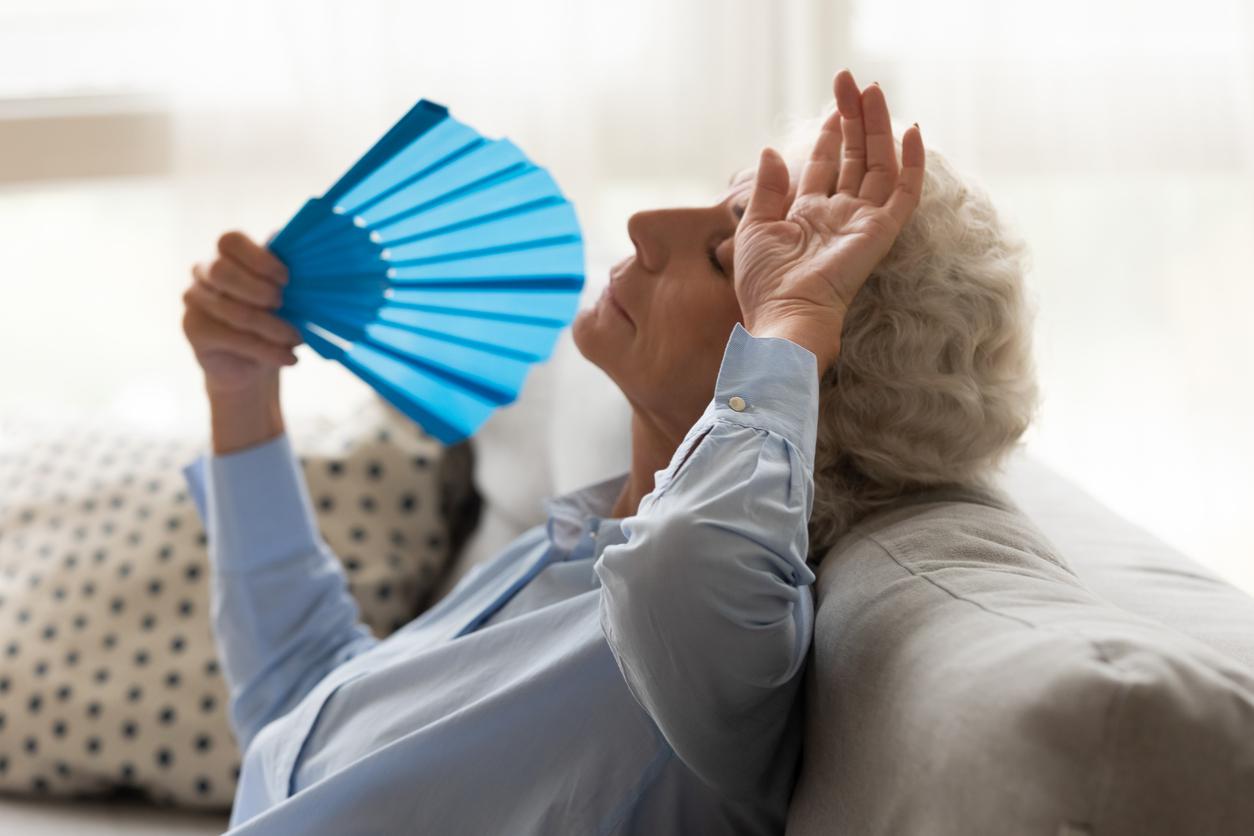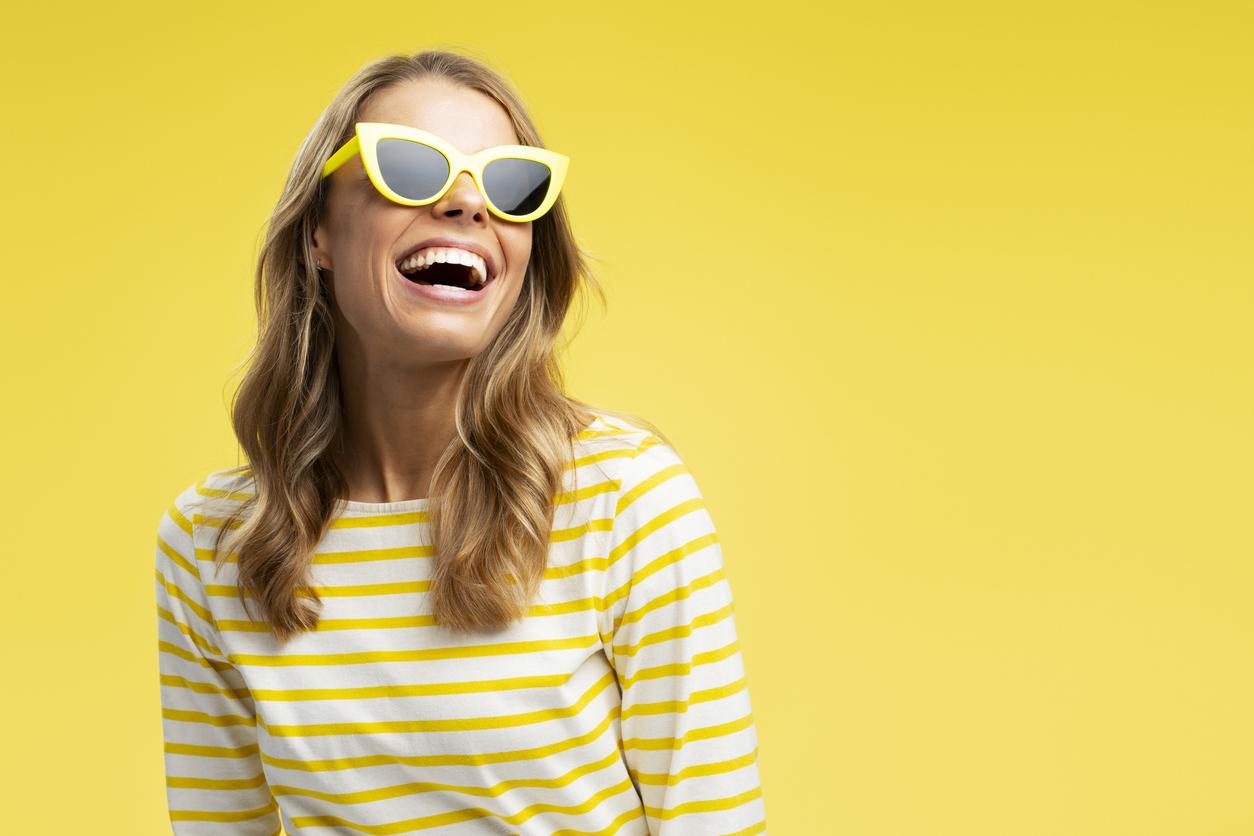
When you go out into the sun, choose a sunscreen that optimally protects your skin against harmful UV rays. Your eyes also need this protection. Therefore, choose sunglasses with a UV filter.
2 percent of the sun’s rays is made up of ultraviolet (UV) light. This light causes us to tan, but can also damage the cornea and the lens of the eye. Water sports enthusiasts and skiers often notice this. With poor protection, you can suffer from temporary ailments such as snow blindness or painful and red eyes. Sunglasses are therefore more than just beautiful or handy. It protects your eyes from harmful UV rays and thus helps prevent the eye damage cataracts, which may be caused by UV light. But how do you choose a good one?
CE mark
In any case, opt for glasses with a CE mark, this mark can be found in the temple of the glasses. Sunglasses with this quality mark block ultraviolet light. Other sunglasses block light but not UV radiation. When you wear these, your pupils dilate because they don’t have to block as much light. The UV radiation can cause even more damage, because your eye does not protect itself with a smaller pupil. Therefore, always choose sunglasses with this quality mark. The highest attainable UV protection there is is the CE 3 mark.
Which filter
When you buy sunglasses, you can choose from different filters. But which one suits you best? Ideally, you should choose one that you can use in all circumstances, but unfortunately it does not yet exist. You will notice that there are large differences in radiation. This depends on the time and the environment. In the summer you will need your glasses more in the afternoon than in the morning. And even in the snow you are more bothered by the sun than on the beach. Be well informed about the filter you choose, so that it suits your activities and wishes.
Contrast-enhancing lenses
On a sunny day, many people suffer from a so-called blue chamois in their image. This is because white light consists of different colors. Each color has its own wavelength and refraction. The blue light refracts more strongly and thus causes that distortion. With contrast-enhancing glasses, this blue is filtered out and the other colors corrected. These types of glasses often provide relief when driving.

















